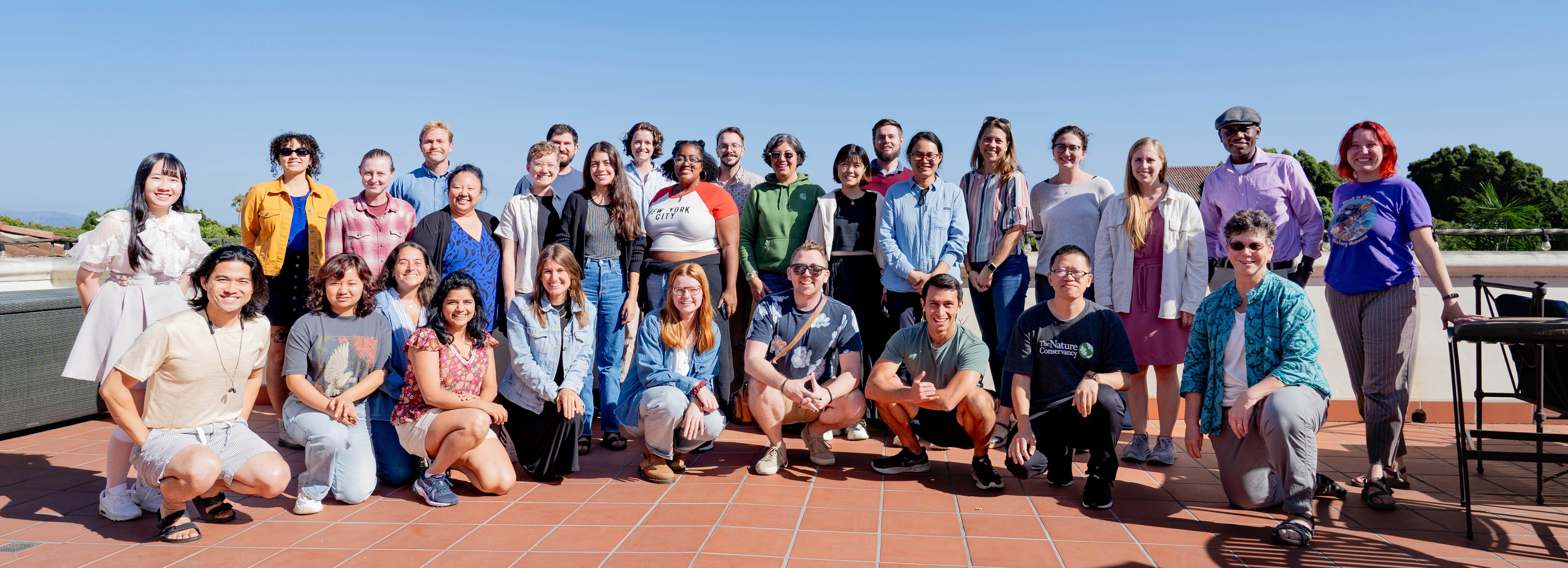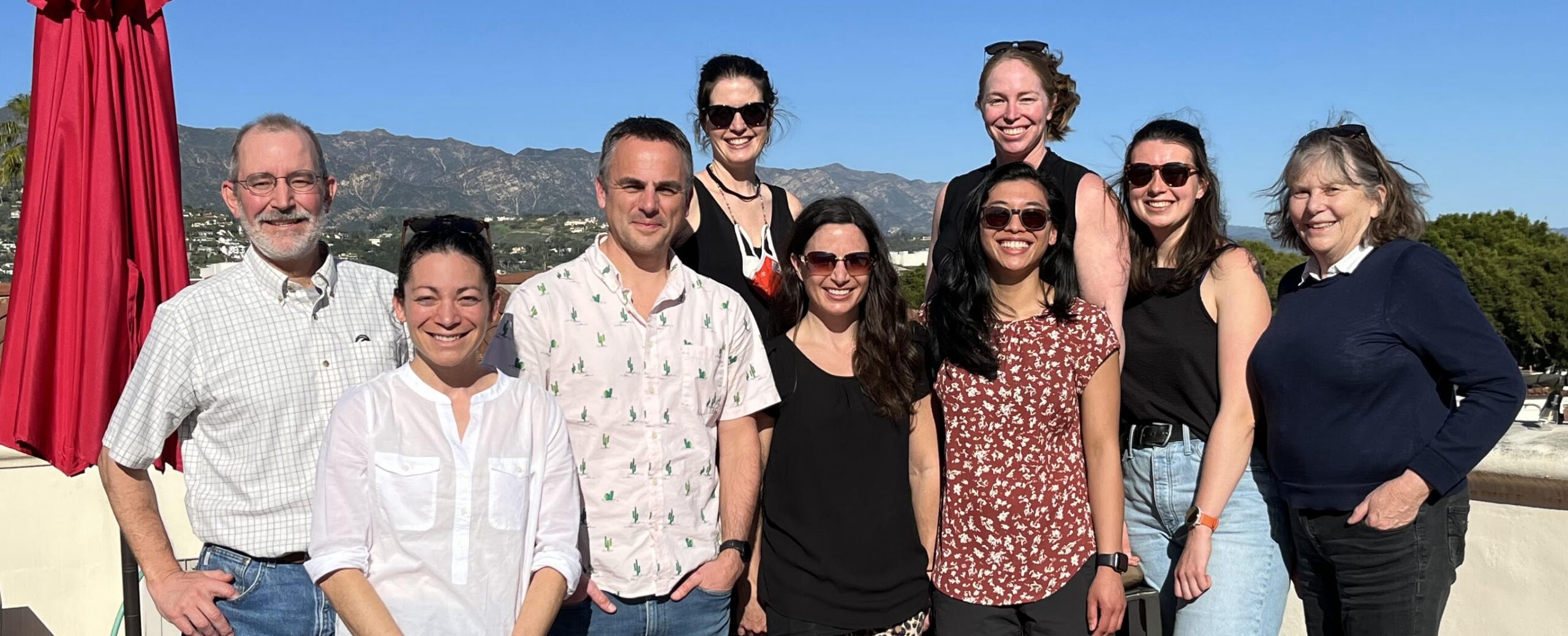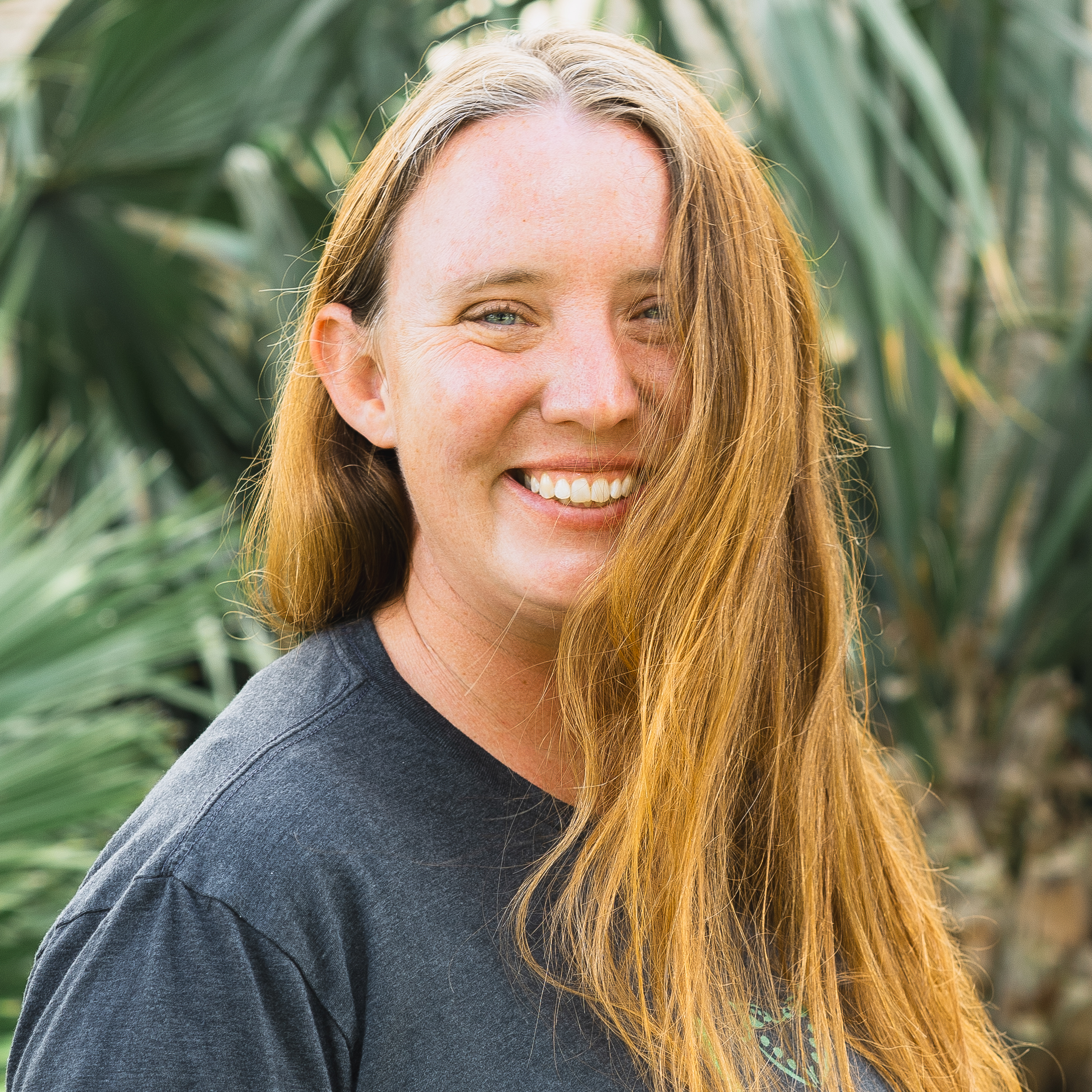Training the next generation of ecologists in synthesis science: renewed funding for the LNO prioritizes synthesis, broadening participation, and mentorship
Imagine harnessing the knowledge of 2,000 researchers. Imagine having hundreds of long-term datasets at one’s fingertips. Imagine being able to ask questions across 27 ecosystems. And, imagine sharing that knowledge, those resources, and all those decades of expertise with the next generation of scientists.
With a renewed five-year award, the LTER Network Office (LNO) aims to make all of this a reality. Focal areas for these five years include fostering new synthesis science, broadening participation in ecology, and training a new generation of ecologists. The LNO will remain housed at NCEAS, continuing to draw on their experience in synthesis science, open data, and collaboration.
In the coming years, the LNO will launch a new graduate level course designed to teach graduate students the fundamentals of synthesis science, continue funding for new synthesis working groups, and add a network wide position focused on inclusion and access..
“This renewal really ignites a set of ideas that have been brewing for a while” says Marty Downs, Director of the LTER Network Office. “We’re creating an intentional flow of people and ideas growing together.”
Synthesis Science for Early Career Researchers (SSECR)
Synthesis science is a core part of the LTER Network. Discovering fundamental theories in ecology, such as the role biodiversity plays in stabilizing ecosystems, requires combining data and expertise from many different locations—and with 27 ecosystems that range from the Arctic Ocean to midwestern agriculture, the LTER Network is a rich starting point for synthesis.

The LTER Network Office wants to give current graduate students a head start on leading synthesis science projects — by teaching the collaborative skills that previous generations learned only through trial and error. The Synthesis Science for Early Career Researchers (SSECR) course draws on the LTER Network Office’s (LNO) decades of synthesis experience to teach graduate students the skills needed to succeed in collaborative, cross-disciplinary, and multi-ecosystem projects. Those skills range from highly technical data analysis and data management to interpersonal strategies and group dynamics.
The course, which kicked off this September, includes 27 students and representation from 14 sites. The course is designed around two key components: students learn key synthesis science skills in the classroom, then apply those skills to a small group synthesis project, using real data to address fundamental questions in ecology.
“I’m really excited to walk away [from the week] with a place to get started,” said course member Taylor Walker.
The LTER Network Office is also building additional training for synthesis across career stages. Beyond SSECR, the LNO and the Environmental Data Initiative hosted a workshop at the Ecological Society of America’s Annual Meeting in 2024, titled Ecological Data Synthesis: A Primer on Essential Methods. The Network Office will continue to offer similar trainings in the coming years.
Doubling Down on Synthesis
One quarter of carbon uptake in ecosystems across the globe is performed by diatoms. These aquatic photosynthesizers need silica to grow—and the amount available to them is changing, says a new analysis by an LTER synthesis working group.

The group, funded by the LTER Network Office in 2022, pulled together one-thousand datasets to try and understand the patterns and drivers of silica supply across the globe. This paper, their first, showed that global change has already altered the magnitude and timing of silica exports from most ecosystems over the last few decades—exports that are crucial for diatoms. Together, the changes have destabilized the supply of silica to watersheds, and the following disruption to diatoms has consequences for carbon uptake across the globe. Their second paper used sixty years of data to link changes in silica exports from the last sixty years the changing environmental conditions that caused them, such as land use change or warming.
These results are the latest in a long stream of successes from LTER funded synthesis science. The five-year award renewal allows the LNO to continue to invest in LTER synthesis science. The new award includes continued funding for two to three new working groups each year.
Key to this successful synthesis is the Network Office’s close partnership with the National Center for Ecological Analysis and Synthesis. Colocated since 2016, the organizations continue to refine their highly successful synthesis model. For the next five years, NCEAS will continue to provide an in-person home for LTER synthesis groups, computing resources freely available to groups, and decades of experience in synthesis.
Bringing, and then keeping, folks in the LTER Network
Nearly 15% of graduate students in ecology engage with the LTER Network at some point in their graduate careers. That gives the LTER a huge capacity—and responsibility—to train the next generation of ecologists.
Earlier this year, the Network Office brought on Molly Phillips as the Inclusion and Access Coordinator to help the Network succeed in this goal. With experience leading programs that increase access in museums and science education, she has hit the ground running.

Soon, the LNO will release a Climate and Culture Survey to its members. The survey is crucial baseline work that allows the LNO and LTER sites to directly address the most pressing inclusion and access needs across the network. Results from the survey will inform a variety of LNO toolkits on topics such as field safety, mental health, and participation by people with disabilities.
Mentoring has also taken center stage after Molly’s arrival. The LTER Network brings many students into ecology through undergraduate research experiences. But the Network also has the capacity to train people through graduate school, a postdoc, and into a faculty position. Few other networks or institutions have similar influence across all career stages.
For the past few years, the LNO has been developing capacity to conduct mentoring trainings. This year, the LNO conducted in-house mentoring training and started a mentoring community of practice to strengthen mentoring around the network. The response to these programs has been overwhelmingly positive, and Molly and the LNO will continue to develop these kinds of trainings over the next five years.










